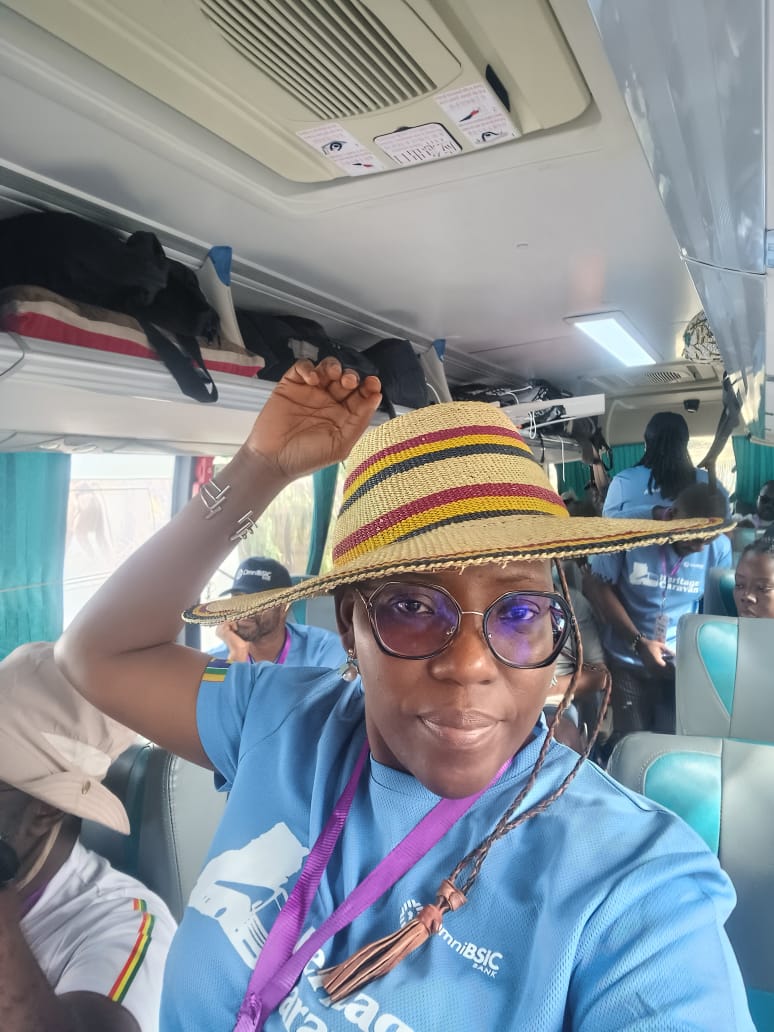
A Bolt driver named Albert Quansah has made headlines for an exceptional act of honesty, which has captivated many.
The passenger, known as Seme Kor on Facebook, who shared her experience on social media, mistakenly transferred GHS 38,600 to Quansah instead of her business partner during a ride. Realising her mistake, she immediately called Quansah in a panic, expecting trouble. However, Quansah had already been trying to contact her and even returned to the location where he had dropped her off, assuming she would come looking for him.
According to Seme Kor, Quansah transferred GHS 15,000 directly to the intended recipient, but as he had reached his transaction limit for the day, he offered the passenger his phone and mobile money credentials so she could continue the transfers, promising to return the following morning to retrieve his phone.
Out of gratitude, Seme Kor offered to pay his daily sales of GHS 700 as a token of appreciation. Her story has since gone viral, earning widespread admiration for Quansah, with many calling on Bolt to officially recognise his actions. His honesty and selflessness serve as a reminder that good people do exist, even in today’s fast-paced, often cynical world.
The incident involving Albert Quansah, the Bolt driver who returned GHS 38,600 that a passenger had mistakenly transferred to him, has sparked heated discussion on social media. While many people praise Quansah's remarkable honesty and sincerity, others question the veracity of the story, alleging it was fabricated for attention or fame.
Supporters of Quansah have flooded comment sections with admiration, praising him as a beacon of hope in a world often dominated by dishonesty. Skeptics, on the other hand, believe the incident was staged, citing the unusually large sum involved and aspects of the narrative that seem implausible. These users argue that such high-value transactions would typically raise red flags, particularly given the current economic climate.
In Ghanaian society, honesty is highly valued and deeply embedded in customs and cultural norms. Integrity and reliability are regarded as vital attributes in personal and group interactions. This social expectation fosters the belief that integrity is key to building a strong community and is reflected in how Ghanaians conduct business, interact with one another, and even raise their children.
There are numerous sayings and proverbs in different Ghanaian cultures that highlight the importance of truthfulness. For instance, the adage Truth is a bitter pill underscores the significance of honesty while acknowledging its challenges. Acts of integrity are recognised and rewarded within this cultural framework, as they promote trust and goodwill among individuals.
Read Full Story


















Facebook
Twitter
Pinterest
Instagram
Google+
YouTube
LinkedIn
RSS